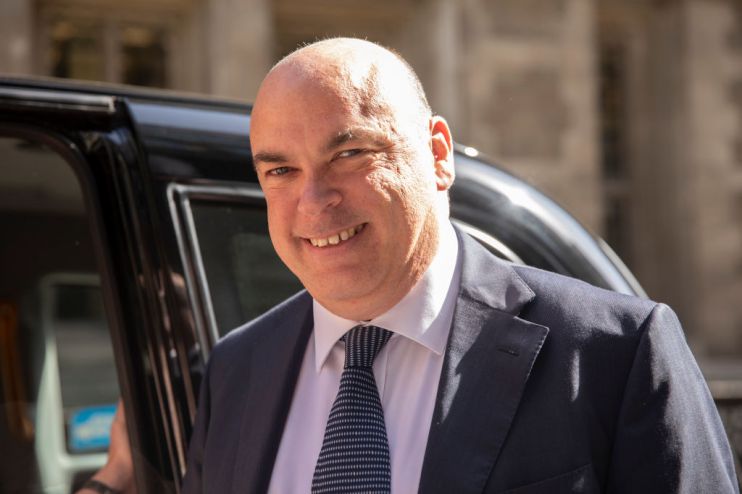Mike Lynch extradition decision will be watched by tech entrepreneurs the world over

The coming days will define whether British entrepreneurs are subject to British law, or the whims of American prosecutors. The consequences could be felt for years and have a direct impact on the likelihood of homegrown tech giants being created here in the UK.
Last week the Home Office decided to delay the extradition to the US of the entrepreneur Dr Mike Lynch. It was a far-sighted decision by the Home Secretary Priti Patel.
Her department said that she was giving full consideration to the relevant issues in the case. I don’t doubt that. The Home Secretary will have spotted the significance of the moment. Having started his career in Cambridge academia, Dr Lynch has built and floated two billion-pound plus tech businesses, Darktrace and Autonomy, and is investing in a new generation of companies.
In other words, he has been doing just what the government wants. The Chancellor of the Exchequer says the City of London should be the most attractive place to list new companies anywhere in the world. The Prime Minister says a tech revolution is creating jobs and driving growth. It is companies like Darktrace that are achieving that.
Unfortunately for Dr Lynch, he fell out with the large US tech firm HP to which he sold his company Autonomy. HP accused Dr Lynch of fraud after the deal turned sour, a charge he denies, and the US Department of Justice followed up with an extradition request.
If the UK acceded to that request and Dr Lynch were forced across the Atlantic his work would come to a sudden halt. His experience would serve instead as a chilling warning to anyone thinking of launching a tech company here: if you upset the US in the course of your business you can expect to be judged by American courts.
Read more: Not going anywhere: Home Office delays decision on extradition of Mike Lynch to US
The point here is not to debate Dr Lynch’s innocence. The allegations against him are being examined right now by a British judge. The High Court has considered the details of this dispute for months on end and we await its judgment. Were an extradition to be confirmed before the judge’s conclusion was known the work of a British court considering this case under British law would simply be disregarded.
That would be perverse outcome, but it is possible and could even be imminent. The delay agreed so far is brief. Tomorrow, the Home Secretary will have to decide whether to delay again or submit to the US process.
This has become Priti Patel’s problem, but it is not one of her creation. The US UK treaty that has enabled this bizarre set of circumstances was negotiated by Tony Blair. It is an agreement that leaves Anne Sacoolas, accused of causing the death of Harry Dunn, at home in the US while threatening to force Dr Lynch across the Atlantic. Time after time the treaty has been exposed as imbalanced, unfair and inadequate but still it endures.
Were the UK to demand that one of America’s leading tech entrepreneurs should languish in a UK jail because they had fallen out with a British company, it would get pretty short shrift. It would be difficult to imagine US politicians standing mutely by if the Crown Prosecution Service demanded that Bill Gates or Jeff Bezos should be delivered into a British cell.
Mr Blair’s treaty leaves British ministers in a weaker position than their US counterparts, but they are not without influence. We need a review of our entire extradition system, and all extraditions – Dr Lynch’s included – should be suspended until it is complete.
A great responsibility rests on the Home Secretary’s shoulders. If the Home Office enables this extradition it will send a message around the world about the sovereignty of the British courts, and the confidence with which anyone can invest and create companies in this country. The timescales are short and the stakes high.